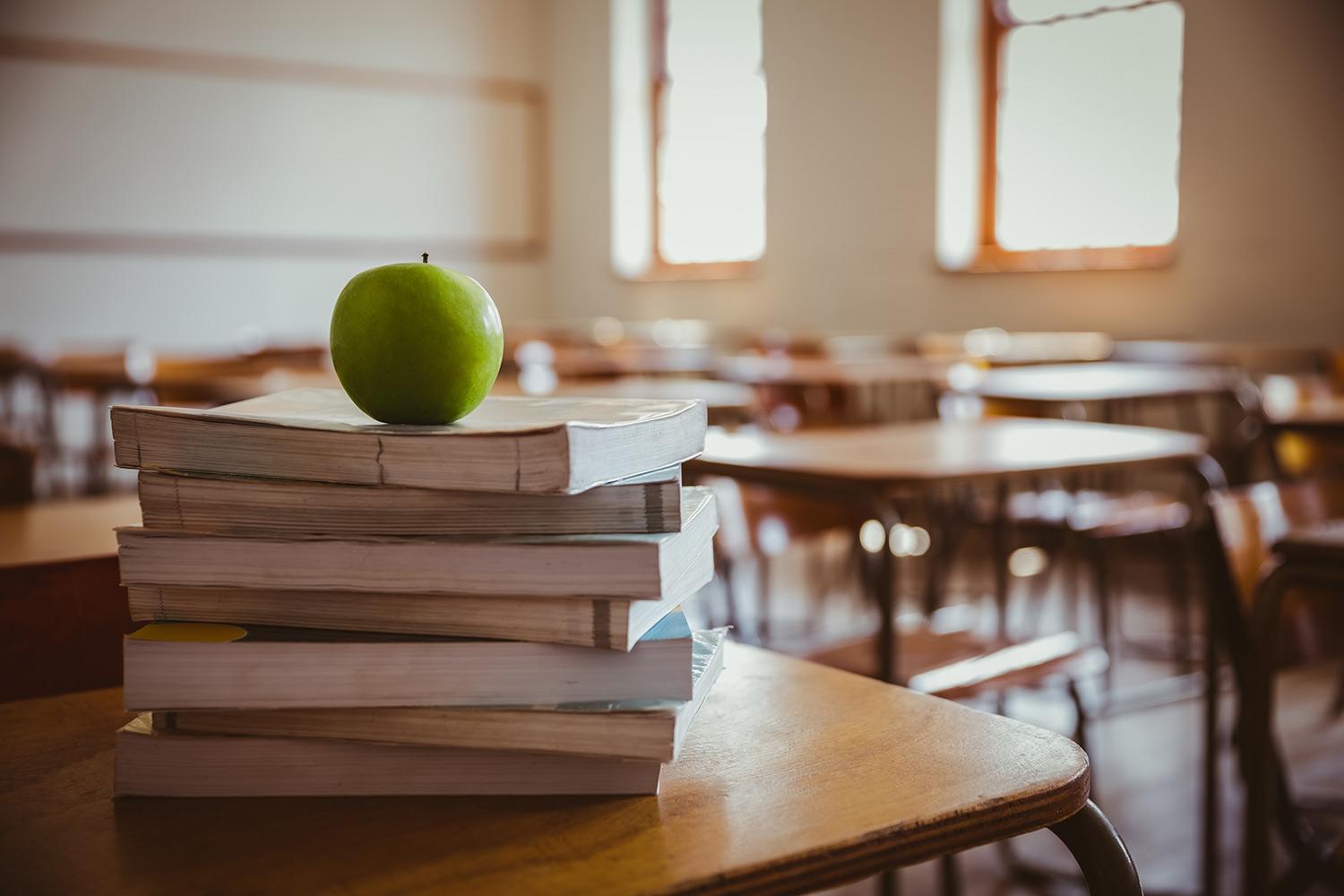
Inquiry Learning & The DBQ Project
Inquiry-Based Lessons for Social Studies and Language Arts
All DBQ Project lessons are structured inquiries. This means students are given an open question and an investigation method. They then use this method to create an evidence-based essay.
The Washington Social Studies Resource Criteria & The DBQ Project
Inquiry learning …
- As students are presented with a mystery to solve, their curiosity is piqued. Also because it involves active, student-centered learning, student easily become absorbed in the process.
- Students are not merely the recipients of knowledge, they a constructing their own knowledge. This process requires students to problem solve, which subsequently calls on them to interpret, analyze, synthesize, and evaluate information.
- When students construct their own knowledge through higher-order thinking their level of understanding is deeper, and the learning sticks.
- Because students are drawing their own conclusions, the learning becomes very personal. They are not merely regurgitating what other people think, rather they are experiencing their own “aha” moments.
- This is the kind of work that professional social scientist engage in, it is central to most social science disciplines.
Best Practices for Inquiry-Based Learning
- Place the learners at the center of the inquiry process
- Model rather than lecture
- Provide compelling, open-ended questions, or
- Provide sentence-stems and intriguing stimuli to help students develop their own open-ended questions
- Create structures and scaffolds to guide students through the inquiry process
- Encourage student talk and collaboration
We love to hear from you
Co-Director of Professional Development and Partnerships
Email: mollie@dbqproject.com
Website: dbqproject.com
Facebook: facebook.com/dbqproject
Twitter: @dbqproject










